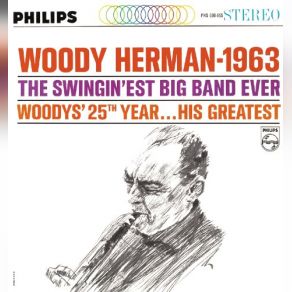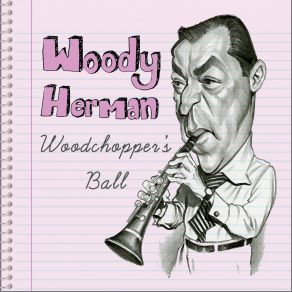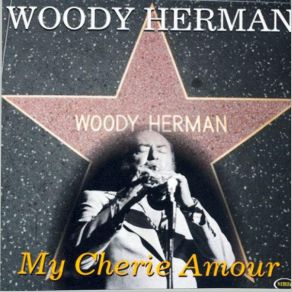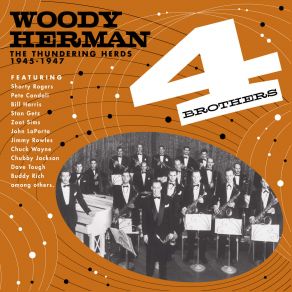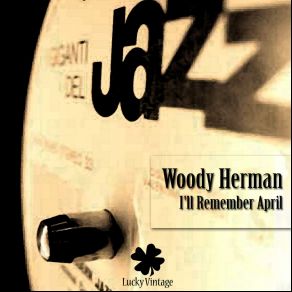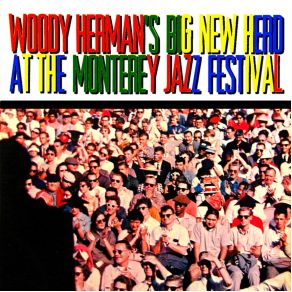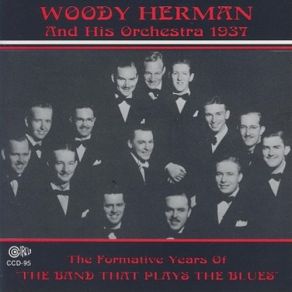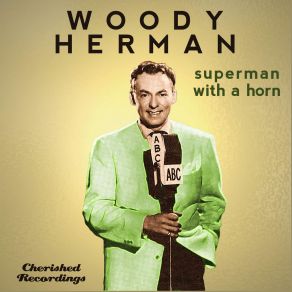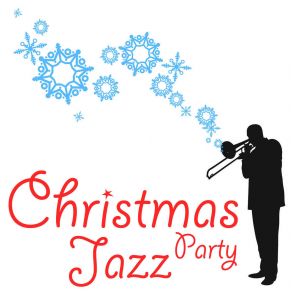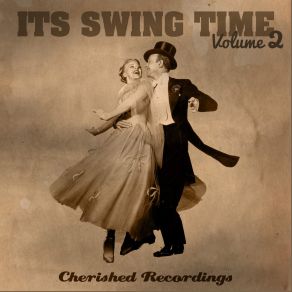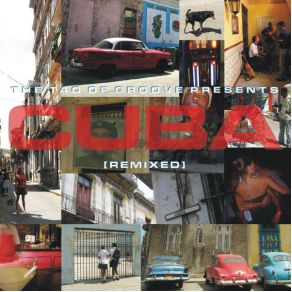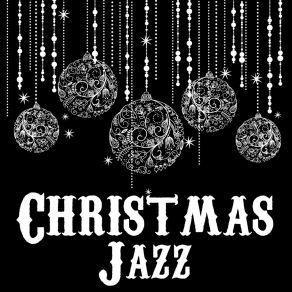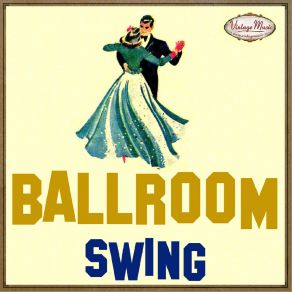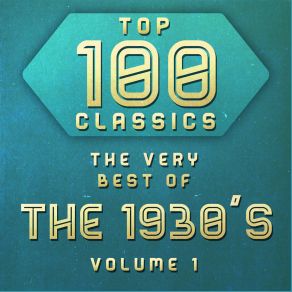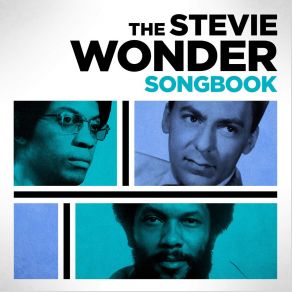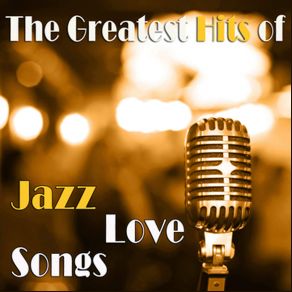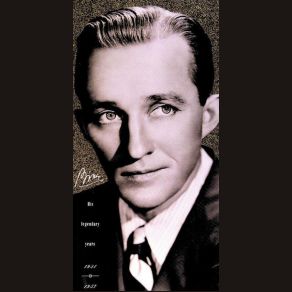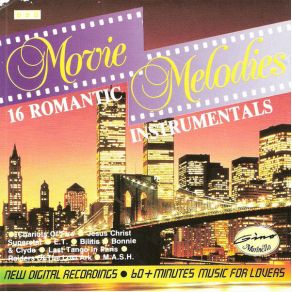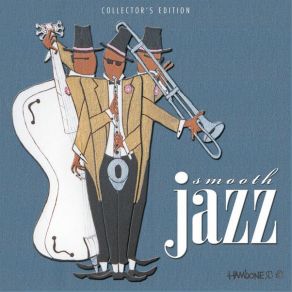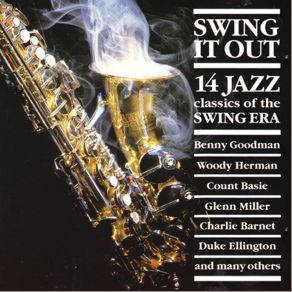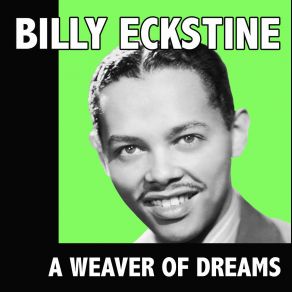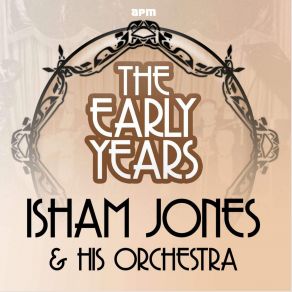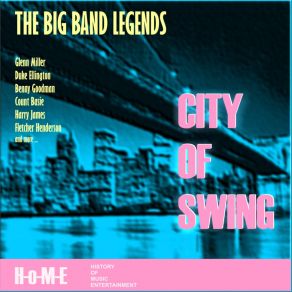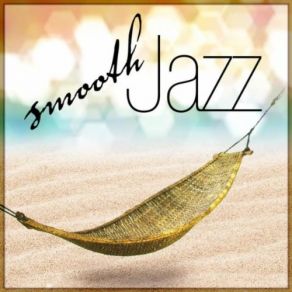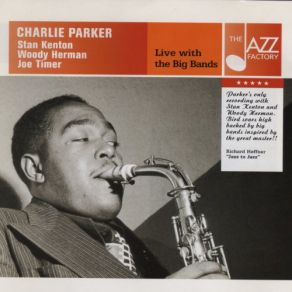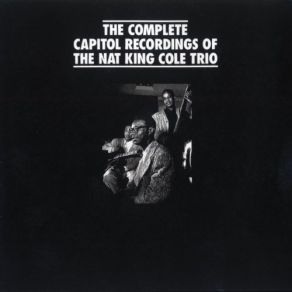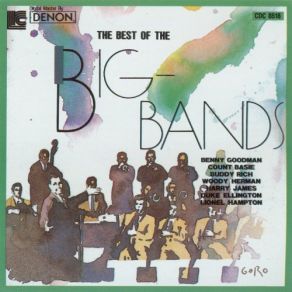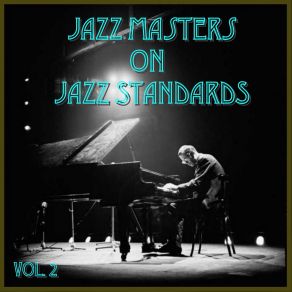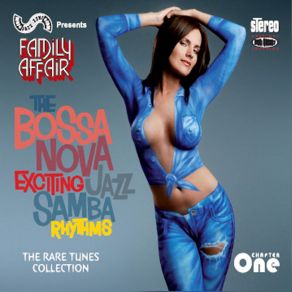Woody Herman
Wikimp3 information about the music of Woody Herman. On our website we have 70 albums and 70 collections of artist Woody Herman. You can find useful information and download songs of this artist. We also know that Woody Herman represents Jazz genres.
Biography
[Edit]A fine swing clarinetist, an altoist whose sound was influenced by Johnny Hodges, a good soprano saxophonist, and a spirited blues vocalist, Woody Herman's greatest significance to jazz was as the leader of a long line of big bands. He always encouraged young talent and, more than practically any bandleader from the swing era, kept his repertoire quite modern. Although Herman was always stuck performing a few of his older hits (he played "Four Brothers" and "Early Autumn" nightly for nearly 40 years), he much preferred to play and create new music.
Woody Herman began performing as a child, singing in vaudeville. He started playing saxophone when he was 11, and four years later he was a professional musician. He picked up early experience playing with the big bands of Tom Gerun, Harry Sosnik, and Gus Arnheim, and then in 1934, he joined the Isham Jones orchestra. He recorded often with Jones, and when the veteran bandleader decided to break up his orchestra in 1936, Herman formed one of his own out of the remaining nucleus. The great majority of the early Herman recordings feature the bandleader as a ballad vocalist, but it was the instrumentals that caught on, leading to his group being known as "the Band That Plays the Blues." Woody Herman's theme "At the Woodchopper's Ball" became his first hit (1939). Herman's early group was actually a minor outfit with a Dixieland feel to many of the looser pieces and fine vocals contributed by Mary Ann McCall, in addition to Herman. They recorded very frequently for Decca, and for a period had the female trumpeter/singer Billie Rogers as one of its main attractions.
By 1943, the Woody Herman Orchestra was beginning to take its first steps into becoming the Herd (later renamed the First Herd). Herman had recorded an advanced Dizzy Gillespie arrangement ("Down Under") the year before, and during 1943, Herman's band became influenced by Duke Ellington; in fact, Johnny Hodges and Ben Webster made guest appearances on some recordings. It was a gradual process, but by the end of 1944, Woody Herman had what was essentially a brand new orchestra. It was a wild, good-time band with screaming ensembles (propelled by first trumpeter Pete Candoli), major soloists in trombonist Bill Harris and tenorman Flip Phillips, and a rhythm section pushed by bassist/cheerleader Chubby Jackson and drummer Dave Tough. In 1945 (with new trumpeters in Sonny Berman and Conte Candoli), the First Herd was considered the most exciting new big band in jazz. Several of the arrangements of Ralph Burns and Neal Hefti are considered classics, and such Herman favorites entered the book as "Apple Honey," "Caldonia," "Northwest Passage," "Bijou" (Harris' memorable if eccentric feature), and the nutty "Your Father's Mustache." Even Igor Stravinsky was impressed, and he wrote "Ebony Concerto" for the orchestra to perform in 1946. Unfortunately, family troubles caused Woody Herman to break up the big band at the height of its success in late 1946; it was the only one of his orchestras to really make much money. Herman recorded a bit in the interim, and then, by mid-1947, had a new orchestra, the Second Herd, which was also soon known as the Four Brothers band. With the three cool-toned tenors of Stan Getz, Zoot Sims, and Herbie Steward (who a year later was replaced by Al Cohn) and baritonist Serge Chaloff forming the nucleus, this orchestra had a different sound than its more extroverted predecessor, but it could also generate excitement of its own. Trumpeter/arranger Shorty Rogers and eventually Bill Harris returned from the earlier outfit, and with Mary Ann McCall back as a vocalist, the group had a great deal of potential. But, despite such popular numbers as Jimmy Giuffre's "Four Brothers," "The Goof and I," and "Early Autumn" (the latter ballad made Getz into a star), the band struggled financially. Before its collapse in 1949, such other musicians as Gene Ammons, Lou Levy, Oscar Pettiford, Terry Gibbs, and Shelly Manne made important contributions.
Next up for Woody Herman was the Third Herd, which was similar to the Second except that it generally played at danceable tempos and was a bit more conservative. Herman kept that band together during much of 1950-1956, even having his own Mars label for a period; Conte Candoli, Al Cohn, Dave McKenna, Phil Urso, Don Fagerquist, Carl Fontana, Dick Hafer, Bill Perkins, Nat Pierce, Dick Collins, and Richie Kamuca were among the many sidemen. After some short-lived small groups (including a sextet with Nat Adderley and Charlie Byrd), Herman's New Thundering Herd was a hit at the 1959 Monterey Jazz Festival. He was able to lead a big band successfully throughout the 1960s, featuring such soloists as high-note trumpeter Bill Chase, trombonist Phil Wilson, the reliable Nat Pierce, and the exciting tenor of Sal Nistico. Always open to newer styles, Woody Herman's bop-ish unit gradually became more rock-oriented as he utilized his young sidemen's arrangements, often of current pop tunes (starting in 1968 with an album titled Light My Fire). Not all of his albums from this era worked, but one always admired Herman's open-minded attitude. As one of only four surviving jazz-oriented bandleaders from the swing era (along with Duke Ellington, Count Basie, and Stan Kenton) who was still touring the world with a big band, Herman welcomed such new talent in the 1970s as Greg Herbert, Andy Laverne, Joe Beck, Alan Broadbent, and Frank Tiberi. He also recorded with Chick Corea, had a reunion with Flip Phillips, and celebrated his 40th anniversary as a leader with a notable 1976 Carnegie Hall concert.
Woody Herman returned to emphasizing straight-ahead jazz by the late '70s. By then, he was being hounded by the IRS due to an incompetent manager from the 1960s not paying thousands of dollars of taxes out of the sidemen's salaries. Herman, who might very well have taken it easy, was forced to keep on touring and working constantly into his old age. He managed to put on a cheerful face to the public, celebrating his 50th anniversary as a bandleader in 1986. However, his health was starting to fail, and he gradually delegated most of his duties to Frank Tiberi before his death in 1987. Tiberi continued to lead a Woody Herman Orchestra on a part-time basis but it never had the opportunity to record. Fortunately, Herman was well documented throughout all phases of his career, and his major contributions are still greatly appreciated.
Title: At Carnegie Hall, The Complete 1946 Concert (HQ Remastered Version)
Artist: Woody Herman
Genre: Jazz
Title: Live In Stereo At Marion June 8, 1957
Artist: Woody Herman
Genre: Jazz, Vocal Jazz, Dancefloor, Dance Pop, Bop
Title: The Swing Band Project, Vol. 5: Woody Herman (2020 Remaster)
Artist: Woody Herman
Genre: Jazz
Title: The Complete Woody Herman Decca, Mars And MGM Sessions (1943-1954) (CD1)
Artist: Woody Herman
Genre: Jazz
Title: Apple Honey (Performed Live On The Ed Sullivan Show 10/6/68) - Single
Artist: Woody Herman
Genre: Jazz
Collections
Title: Jazz: The Essence of Cool
Genre: Jazz
Title: Essential Jazz Covers
Genre: Jazz
Title: Christmas JAZZ
Genre: Traditional Pop Music
Title: Jukebox Favourites - Hits of the 20s & 30s
Genre: Pop
Title: White Christmas: The 20 Best Christmas Songs of All Time
Genre:
Title: Funked Up Jazz Party
Genre: Jazz
Title: It's Swing Time, Vol. 2
Genre: Jazz
Title: Big Band Remixed & Reinvented
Genre: Electronica, Jazz
Title: Cuba Remixed
Genre: Electronica, Latin
Title: Mambo! 100 Popular Latin Dance Classics
Genre: Latin
Title: 100 Hits: Essential 30s & 40s Classics
Genre: Pop
Title: Christmas Goldtimer
Genre:
Title: Hits Of The 30s & 40s Vol 2
Genre: Pop
Title: Star Internazionali Alla Radio Vol. 2
Genre: Jazz
Title: Star Internazionali Alla Radio Vol. 1
Genre: Jazz
Title: The 50 Best Latin Jazz Songs Ever
Genre: Latin
Title: Jazzin' the Pop
Genre: Jazz
Title: Jukebox Favourites - Best of Swing
Genre: Jazz
Title: The First Us Top 100 November 12th 1955, Pt. 1
Genre: Pop
Title: 50 Big Bands and the Best Swing for Dancing
Genre: Jazz
Title: 100 Swing for Dance
Genre: Jazz
Title: Top 100 Classics - The Very Best of the 1930's, Vol. 1
Genre: Jazz
Title: Oldies Mega Hits of the Jazz Era
Genre: Jazz, Contemporary Jazz
Title: Fiesta Y Reventón / Fiesta Y Reventon
Genre: Dancefloor, Dance Pop
Title: Call of Duty - Songs of Civil & World Wars
Genre: Jazz
Title: Big Band Era (Digital Version)
Genre: Jazz
Title: The Very Best of the 40s
Genre: Jazz
Title: Great Gatsby 1920's Summer Swing
Genre: Jazz
Title: 101 Vintage Jazz Hits
Genre: Jazz
Title: Music of Cole Porter
Genre: Jazz
Title: Legends of Big Band Swing
Genre: Jazz
Title: Flappers & Gangsters of the 1920's
Genre: Jazz
Title: 101 Big Bands Swing
Genre: Jazz
Title: 20 Jazz Hits
Genre: Jazz
Title: Super Funky Jazz
Genre: Jazz
Title: The Stevie Wonder Songbook
Genre: Jazz
Title: Swing My Way: Jazz, Vol. 5
Genre: Jazz
Title: Xmas Inspiration: Christmas JAZZ Highlights
Genre:
Title: 20 Swing Hits
Genre: Jazz
Title: Ultra-Lounge: Hey Bartender!
Genre: Pop
Title: Green Christmas - The Jazz Christmas Collection
Genre:
Title: Best Of The Vocal
Genre: Jazz
Title: Perfect Swing
Genre: Jazz
Title: Jazz Feeling Blue
Genre: Jazz
Title: Hits Of '39
Genre: Jazz
Title: The Best Vintage Tunes. Nuggets & Rarities Vol. 6
Genre: Pop
Featuring albums
Title: Bing: His Legendary Years 1931-1957 (Box Set)
Artist: Bing Crosby
Genre: Jazz, Vocal Jazz, Pop
Title: Everything I Have Is Yours: The Best of the MGM Years
Artist: Billy Eckstine
Genre: Jazz, Vocal Jazz, Pop, Bop
Title: Blowin' Up a Storm - The Columbia Years (1945-1947)
Artist: Woody Herman And His Orchestra
Genre: Jazz
Title: Meet the Composer: Igor Stravinsky Conducting and Playing His Own Works
Artist: Igor Stravinsky
Genre:
Title: Smooth Jazz (New Stereo Recordings by the Original Artists)
Artist: Various Artists
Genre: Jazz
Title: Various Artists
Artist: 100 Clarinet Classics
Genre: Electronica, Techno, Jazz, Drum & Bass, Dancefloor, World Music, Dance Pop, Hardcore
Title: The Original Jacket Collection: Stravinsky Conducts Stravinsky (The Classic LP Recordings)
Artist: Laurindo Almeida, Igor Stravinsky, William Murphy, Columbia Symphony Orchestra, Israel Baker, George Shirley, The CBC Symphony Orchestra, William Kraft, Loren Driscoll, Adrienne Albert, The Gregg Smith Singers, Richard Kelly, Charles Brady, Robert Marsteller, Don Christlieb, Festival Singers Of Toronto, Roy D'Antonio, Dorothy Remsen, The Columbia Jazz Ensemble, Louise Di Tullio
Genre:
Title: Live At Peacock Lane Hollywood (January 13, 1958)
Artist: Woody Herman And His Orchestra
Genre: Jazz
Title: The Best of Michael Bloomfield
Artist: Michael Bloomfield
Genre: Blues, Rock, Blues Rock, Acoustic
Title: Xmas Classics - Essential Christmas Songs
Artist: Various Artists
Genre: Traditional Pop Music
Title: Blowin' Up A Storm: The Columbia Years 1945-1947
Artist: Woody Herman And His Orchestra
Genre: Jazz
Title: The Complete Capitol Recordings Of The Nat King Cole Trio
Artist: The King Cole Trio
Genre: Pop
Title: The Jazz Masters - 27 Classic Performances From The Columbia Masterpieces Series
Artist: Various
Genre: Jazz
Title: Standard Jazz: The Masters Perform the Great American Songbook, Vol. 2
Artist: Various Artists
Genre: Jazz
Title: Mojo Jazz Present Family Affair (Bossa Nova Exciting Jazz Samba Rhythms)
Artist: Various Artists
Genre: Latin



